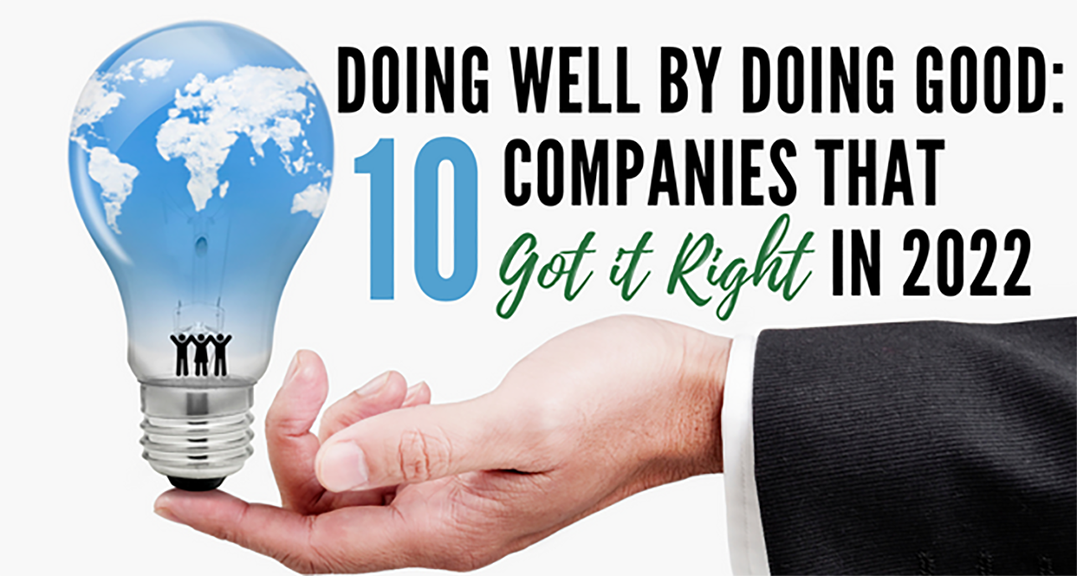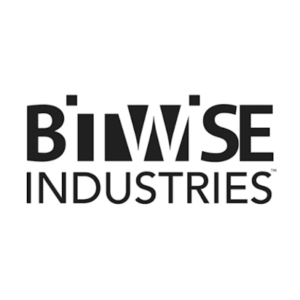The strongest organizations in the world achieve sustainable success largely because they understand the value of culture as a competitive advantage. Whether you nurture it or not, you have a culture. It may be empowering or toxic. Either way, the results are showing up on your bottom line.
Here are the 10 companies we featured in CEE News this year that show how doing well and doing good are not mutually exclusive. Fun fact: 8 out of 10 of these companies were lead by women CEOs when we featured them.
1. Twist Bioscience, Emily Leproust, CEO
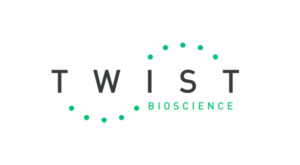 When Dr. Emily Leproust helped launch Twist Bioscience in 2013, she did so with the belief that synthetic DNA would be critical to solving many of the world’s biggest challenges. When SARS-CoV-2 became one of those challenges in early 2020, her team tapped into their guiding principles of Grit, Impact, Service, and Trust to fight the pandemic head on.
When Dr. Emily Leproust helped launch Twist Bioscience in 2013, she did so with the belief that synthetic DNA would be critical to solving many of the world’s biggest challenges. When SARS-CoV-2 became one of those challenges in early 2020, her team tapped into their guiding principles of Grit, Impact, Service, and Trust to fight the pandemic head on.
Headquartered in San Francisco, Twist produces synthetic viral controls that resemble SARS-CoV-2 variants to enable researchers to rapidly develop and validate diagnostic tests. Just weeks after the Omicron variant was identified, Twist launched a new control to match the need. [Read More]
2. Carbon, Ellen Kullman, CEO
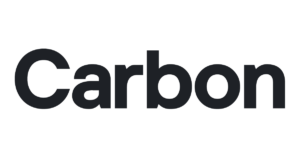
When Comparably released its Top 100 highest-rated companies for Best Company Culture in 2021, Carbon ranked #10. The 3D printing technology company headquartered in Redwood City, CA, models the idea that diversity —not just of knowledge and expertise, but of identity—is a key driver of productivity and innovation. [Read More]
3. EQrx, Melanie Nallicheri, CEO
 A 2021 study released by AARP found that “retail prices for widely used brand name prescription drugs increased substantially faster than general inflation in every year from 2006 to 2020.” For people who are already vulnerable, the cost of drugs ends up being a major obstacle to care that often leads them to abandon treatment midway or avoid seeking it altogether. That’s a wrong that EQRx Cambridge, MA) is determined to right. [Read More]
A 2021 study released by AARP found that “retail prices for widely used brand name prescription drugs increased substantially faster than general inflation in every year from 2006 to 2020.” For people who are already vulnerable, the cost of drugs ends up being a major obstacle to care that often leads them to abandon treatment midway or avoid seeking it altogether. That’s a wrong that EQRx Cambridge, MA) is determined to right. [Read More]
4. Wildbit, Natalie Nagele, CEO
 The job of a CEO is to make sure that the time that employees spend at their job is net positive. That’s according to Natalie Nagele, Co-Founder and CEO of Wildbit. Since taking on the leadership role in 2004, Nagele has been committed to proving that you can grow a profitable company while prioritizing people. She has led the creation of multi-million dollar products while focusing on her belief that business should be human. It’s a people-first approach that is deeply embedded in the company’s DNA. [Read More]
The job of a CEO is to make sure that the time that employees spend at their job is net positive. That’s according to Natalie Nagele, Co-Founder and CEO of Wildbit. Since taking on the leadership role in 2004, Nagele has been committed to proving that you can grow a profitable company while prioritizing people. She has led the creation of multi-million dollar products while focusing on her belief that business should be human. It’s a people-first approach that is deeply embedded in the company’s DNA. [Read More]
5. Bitwise Industries, Irma Olguin, Jr., CEO
Bitwise Industries was founded in 2013 with the mission of uplifting people from disadvantaged backgrounds and/or coming from systemic poverty by creating pathways into the technology industry. Bitwise builds tech ecosystems focused on activating human potential in America’s poorest zip codes through three key areas: Workforce, Industry, and Infrastructure. [Read More]
6. Bobbie, Laura Modi, CEO
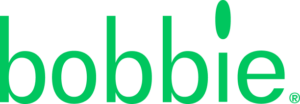 When Laura Modi and Sarah Hardy formed the organic-formula company Bobbie in 2019, they had two babies and two toddlers between them. The co-founders were not single 20-somethings pulling all-nighters in somebody’s basement. They were working moms who needed to create an environment in which working parents could be successful.
When Laura Modi and Sarah Hardy formed the organic-formula company Bobbie in 2019, they had two babies and two toddlers between them. The co-founders were not single 20-somethings pulling all-nighters in somebody’s basement. They were working moms who needed to create an environment in which working parents could be successful.
As Airbnb alumnae well-versed in rapid growth startups, they were determined not to prioritize growth over culture. The co-founders dedicated themselves to building a diverse and inclusive culture with amazing benefits. Hiring consumed half their working hours in 2021, as they grew Bobbie from 10 employees to 46 across 16 states. Of today’s 55 employees, 91% are women and 70% are parents. [Read More]
7. Textio, Kieran Snyder, CEO
 While many companies have struggled with their return-to-office plans since the pandemic, Textio, an augmented writing platform led by CEO Kieran Snyder, leveraged the opportunity to go fully remote. That decision has paid off in higher productivity, greater diversity, and Best Company to Work for recognition by Seattle Business Magazine. Snyder, a self-described recovering academic with a PhD in Linguistics and Cognitive Science from Penn, admitted that she was nervous about making the shift to fully remote. But, in the first year productivity was actually better than it had ever been before. [Read More]
While many companies have struggled with their return-to-office plans since the pandemic, Textio, an augmented writing platform led by CEO Kieran Snyder, leveraged the opportunity to go fully remote. That decision has paid off in higher productivity, greater diversity, and Best Company to Work for recognition by Seattle Business Magazine. Snyder, a self-described recovering academic with a PhD in Linguistics and Cognitive Science from Penn, admitted that she was nervous about making the shift to fully remote. But, in the first year productivity was actually better than it had ever been before. [Read More]
8. Hims & Hers, Andrew Dudum, CEO
![]() Digital health is an industry on a stratospheric trajectory. The coronavirus pandemic has only bolstered its ascent, lifting the prospects of companies that can offer virtual health services at a time when patients, and especially those at highest risk, simply can’t afford to go into a medical facility that’s filled with potential COVID-19 patients. Andrew Dudum was ahead of the curve on this one. While Hims (technically now Hims & Hers), began as a digital health startup geared toward men, it has since expanded its footprint to include women’s health via Hers, with telehealth services and products spanning mental health, primary care, and a variety of specific conditions ranging from erectile dysfunction to hair loss, acne, and beyond. [Read More]
Digital health is an industry on a stratospheric trajectory. The coronavirus pandemic has only bolstered its ascent, lifting the prospects of companies that can offer virtual health services at a time when patients, and especially those at highest risk, simply can’t afford to go into a medical facility that’s filled with potential COVID-19 patients. Andrew Dudum was ahead of the curve on this one. While Hims (technically now Hims & Hers), began as a digital health startup geared toward men, it has since expanded its footprint to include women’s health via Hers, with telehealth services and products spanning mental health, primary care, and a variety of specific conditions ranging from erectile dysfunction to hair loss, acne, and beyond. [Read More]
9. Bearaby, Kathrin Hamm, CEO
 Four years ago, Dr. Kathrin Hamm was among the 68% of Americans who say they have difficulty sleeping. Hamm was working as an economist with the World Bank, and, due to an increasingly demanding travel schedule, she suffered from chronic insomnia. She was burning out fast, and decided to matters into her own hands. After reviewing medical journals, Hamm learned about how weighted blankets were frequently used to bring comfort to children with sensory disorders and autism. She ordered one from a medical specialty store and it worked wonders to improve her sleep, but it was far from perfect. So in 2018, she took an entrepreneurial leap and launched Bearaby, determined to make weighted blankets that were cozy, beautiful and breathable. [Read More]
Four years ago, Dr. Kathrin Hamm was among the 68% of Americans who say they have difficulty sleeping. Hamm was working as an economist with the World Bank, and, due to an increasingly demanding travel schedule, she suffered from chronic insomnia. She was burning out fast, and decided to matters into her own hands. After reviewing medical journals, Hamm learned about how weighted blankets were frequently used to bring comfort to children with sensory disorders and autism. She ordered one from a medical specialty store and it worked wonders to improve her sleep, but it was far from perfect. So in 2018, she took an entrepreneurial leap and launched Bearaby, determined to make weighted blankets that were cozy, beautiful and breathable. [Read More]
10. Codility, Natalia Panowicz, CEO
 Imagine that you are a recruiter who’s been asked to fill a back-end developer position. You work with the hiring manager to post a job description to match the skills and experience needed, and 33 applicants’ resumes are a match. Now what? How do you pare down the candidates to help the hiring manager choose from among the top handful of candidates? In a word – Codility. Codility was founded by an engineer who wanted to spend more time coding and solving problems than interviewing dozens of candidates. Thirteen years, 200+ employees, and $22M in VC funding later, that initial concept evolved into an entirely new way of approaching tech recruiting. That gives over 30,000 talented people each month opportunities – wherever they’re based and whatever their background. [Read More]
Imagine that you are a recruiter who’s been asked to fill a back-end developer position. You work with the hiring manager to post a job description to match the skills and experience needed, and 33 applicants’ resumes are a match. Now what? How do you pare down the candidates to help the hiring manager choose from among the top handful of candidates? In a word – Codility. Codility was founded by an engineer who wanted to spend more time coding and solving problems than interviewing dozens of candidates. Thirteen years, 200+ employees, and $22M in VC funding later, that initial concept evolved into an entirely new way of approaching tech recruiting. That gives over 30,000 talented people each month opportunities – wherever they’re based and whatever their background. [Read More]
Kudos to all 10 of these amazing companies who understand the value of culture as a competitive advantage!

